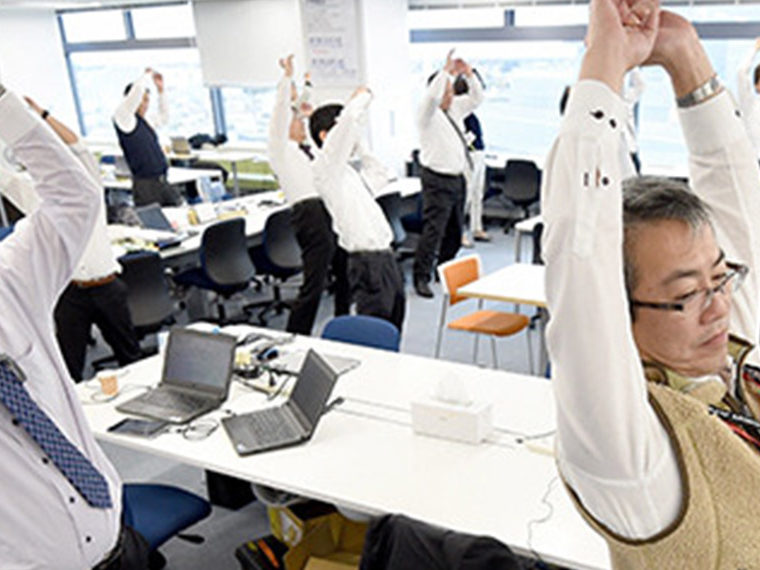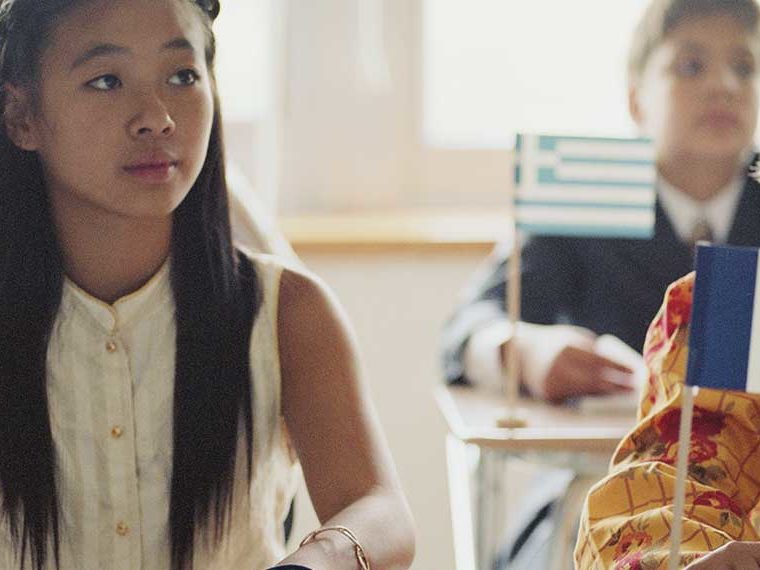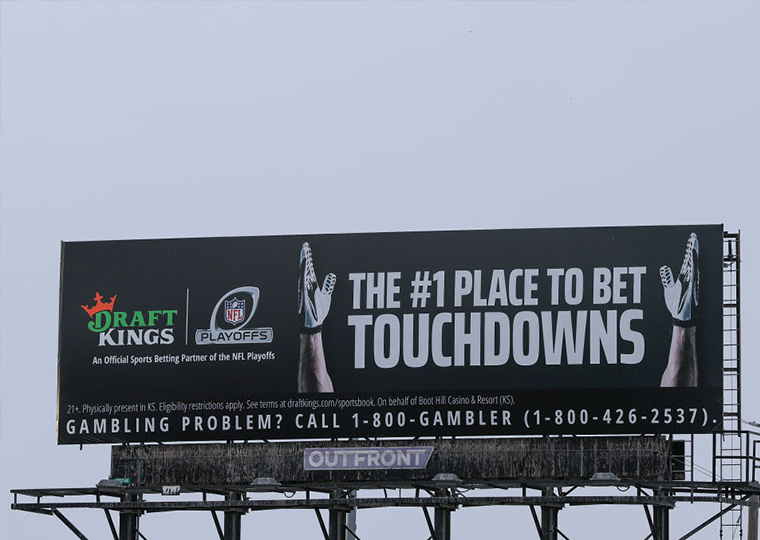Research could assist stewardship of public lands
Nearly 50 years after Garret Hardin’s 1968 essay “The Tragedy of the Commons” gave a modern-day framework to habitual over-use of shared resources to the point of depletion, society still struggles to implement effective mechanisms to compel individuals to prioritize the greater good over self-interest.
Laws and regulations that lord over people’s use of public resources take a top-down, stick approach; fishing in public waters typically requires a license and there’s usually a limit on how many fish one can catch and keep, with transgressors facing a fine. UCLA alumna Elinor Ostrom (B.A. ’54, M.A. ’62, Ph.D. ’65), co-winner of the 2009 Nobel Prize for economics, championed a carrot-like approach that focused on the collaborative ability of communities to develop systems to better manage shared resources.
New research, distinct from these broad societal levers, suggests that increasing an individual’s perceived personal connection to a shared resource can be an effective strategy as well. UCLA Anderson’s Suzanne B. Shu and University of Wisconsin’s Joann Peck describe in a working paper experimenting with an individual’s sense of “psychological ownership” of a given public or shared resource. In a series of studies, they found that “subtle manipulation” of an individual’s connection to a public good “increase(s) psychological ownership and behavior that preserves the common good.”
Opt In to the Review Monthly Email Update.
Giving an individual more control is an established driver of psychological ownership. Just think about the projects at work on which you’re a key player versus those on which you are just one of many contributors. The more you drive the project, the more vested you are and likelier to make certain the work is done well.
Two pilot studies Shu and Peck conducted measured the impact of increasing consumers’ control over shared resources: hotel rooms and rental cars.
In the hotel study, they found that guests who were given the chance to pick their room reported a greater level of satisfaction with their visit. More important, those who got to choose their room left it in better condition than a control group. At checkout, the hotel cleaning staff was asked to assess the condition of each room and rate it on a scale of 1 (very messy) to 5 (very clean). Guests who chose their room scored 4.0 compared to 3.57 for the control group. A similar study found that people who could choose their rental car (control of the common good) and who rented for a longer time (greater connection to the shared good) reported a higher sense of psychological ownership.
Granted, in both those scenarios, the shared good is an imperfect testing ground, as there is a financial incentive/contract hovering over the transaction. So Shu and Peck moved on to more truly public common goods. In a lab study, participants were presented with scenarios that nudged them to have a greater sense of psychological ownership of three shared resources: a family-owned peach orchard, a fishing pond and a boat club. In all three experiments, “increasing individual psychological ownership over a shared resource increases stewardship of that resource” — even when that stewardship involves investment. Participants with a higher sense of ownership reported a greater willingness to pony up money to maintain the pond and upgrade the boat club, for instance.
The approach also worked in the real world. The researchers set up an experiment at a public lake where people can rent kayaks. A subset of the observed kayak renters was instructed to give the lake a nickname, effectively increasing their level of ownership/connectedness to the lake. The researchers then observed how kayakers reacted to trash that had been planted in the lake for purposes of the study. More than 40 percent of the nicknamers attempted to paddle over and pick up the trash, compared to 7 percent of a no-naming control group.
Featured Faculty
-
Suzanne Shu
Professor Emeritus of Marketing
About the Research
Shu, S.B., & Peck, J. (2017). From tragedy to benefit of the commons: Increasing psychological ownership to increase stewardship.




